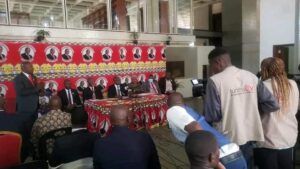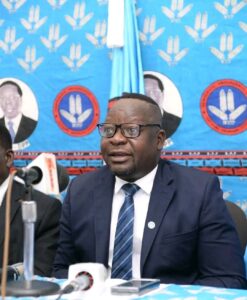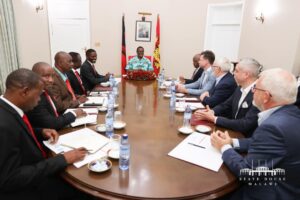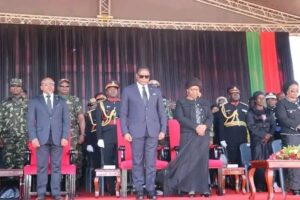A Call for an Introduction of Federal Government in Malawi
National Federal Movement
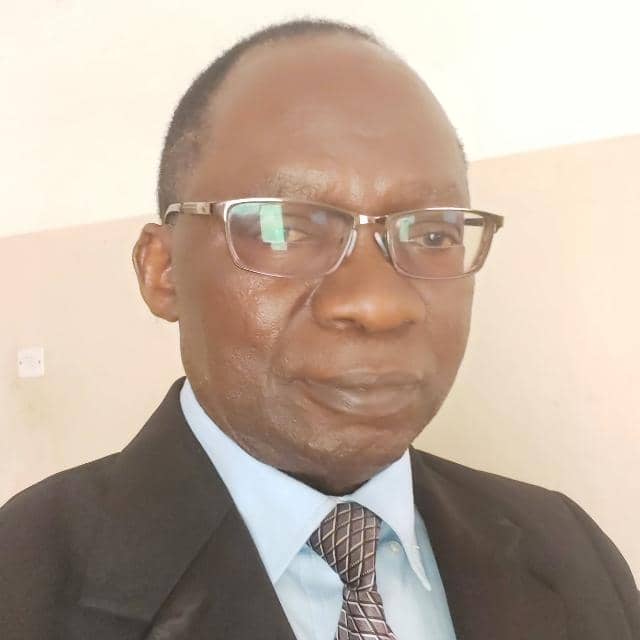
National Federal Movement (NFM) is calling for an immediate introduction of Federalism in Malawi to replace the unitary system of government which has been in existence since 1963. Since independence there has been sluggish development in this country because resources and power are all concentrated in one person, the president. Given the aforesaid, we are, therefore, advocating for federal system of governance which has more merits compared to a unitary form of governance.
Federalism can be construed as a constitutional mechanism for dividing power between different levels of government so that federal units can enjoy substantial, constitutionally guaranteed autonomy over certain policy areas while sharing power in accordance with agreed rules over other areas.
It must be noted that over a third of the world’s population is governed by states that have some kind of federal structure. Although no two federal structures are identical, the central feature of each is a sharing of sovereignty between central and peripheral institutions.
This ensures that neither level of government can encroach on the powers of the other. Federal systems of governance are based upon a compromise between unity and regional diversity, between the need for an effective central power and the need for checks or constraints on that power. This means that federalism attempts to reconcile a desire for unity and community on certain issues with a desire for diversity and autonomy on others.
As highlighted above, federalism has more advantages compared to the current unitary system of government. Federalism can improve service delivery and democratic resilience, ensure decisions are made at most appropriate level, protect against the over-concentration of power and resources, and create more opportunities for democratic participation.
Federalism allows communities, defined by their territorial boundaries, to exercise guaranteed autonomy over certain matters of particular importance to them while at the same time being part of a larger federal union through which shared powers and responsibilities are exercised over matters of common concern.
Federalism promotes political participation. Citizens of each state are safely involved in their local politics geared for development and freedom. Currently participation in politics is unsafe. In other words, federalism protects us from tyranny which is disguised in unitary government now.
Federalism provides for multiple levels of government action. The growing population makes it difficult for one person to take care of the needs. The central government takes care of larger issues and state governments take care of local developments. Currently, even local governments are supervised by one person. Power is not devolved but concentrated in one leader. Federalism allows states to have authority and governing power.
This allows each state to create and tweak laws to best suit their population. Once more let me underscore that Federalism is a system of governance in which the same territory is controlled by two levels of government. Generally, an overarching Central Government is responsible for broader governance while as states govern the issues of local concern.
Federalism curbs corruption successfully because citizens are managed in a smaller state. The financial and development problems we have today in our country are not as a result of the president’s failure but the form of governance we use, the unitary system.
We need the Federal system of governance. We are, therefore, calling upon the president of Malawi to consider for an introduction of Federalism in Malawi through a National Referendum.

